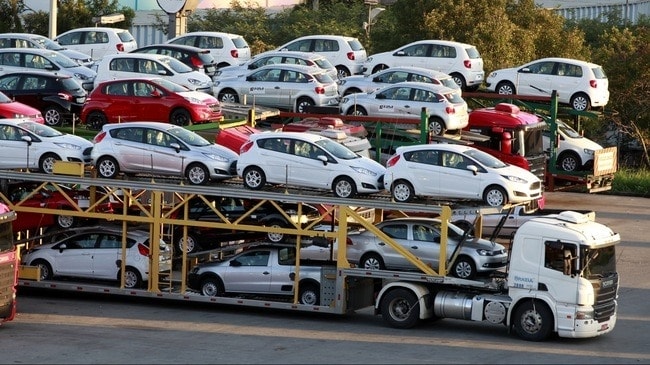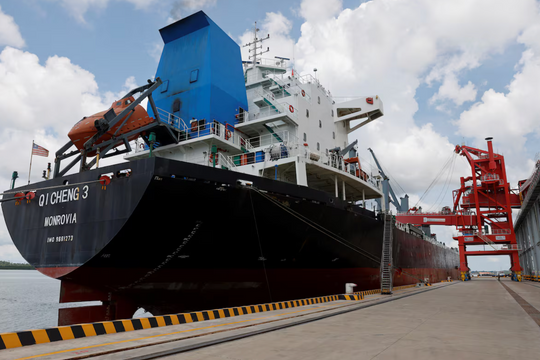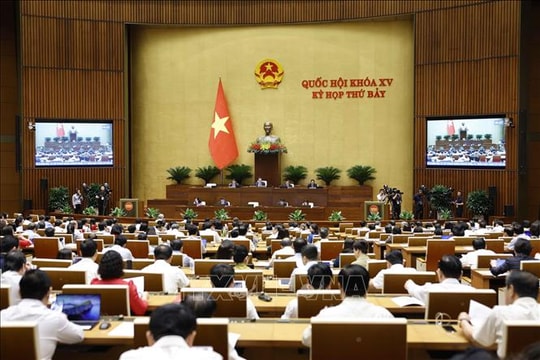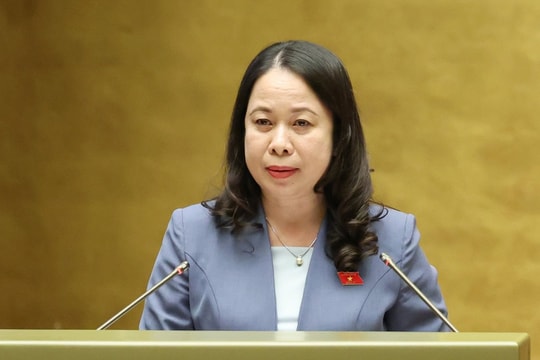CPTPP: The dream of cheap cars is unlikely to come true
The Multilateral Trade Policy Department (Ministry of Industry and Trade) said that for cars, in addition to import tax, there is also special consumption tax and fees. If import tax is reduced but special consumption tax and fees are increased, car prices will not decrease as expected.
On January 14, the Comprehensive and Progressive Agreement for Trans-Pacific Partnership (CPTPP) officially took effect in Vietnam.
The 11 members of CPTPP are Australia, Brunei, Canada, Chile, Japan, Malaysia, Mexico, New Zealand, Peru, Singapore and Vietnam... accounting for 13.5% of global GDP and covering a market of nearly 500 million people with a total trade turnover exceeding 10,000 billion USD.
 |
| The Ministry of Industry and Trade believes that if import tax is 0% but other taxes and fees increase, it will be difficult to reduce car prices. |
According to the CPTPP Agreement explanation, the general principle of the agreement is to reduce import tax to 0% for all tax lines.
Vietnam will eliminate import tariffs on 66% of tariff lines immediately upon entry into force of the Agreement and 86.5% of tariff lines three years after the Agreement comes into force. The remaining items will have a tariff reduction roadmap mainly from 5 to 10 years.
Many Vietnamese people hope that with this tariff reduction they will soon be able to buy cheap cars. Currently, among the 11 member countries of the agreement, Vietnam is importing cars from Japan and Canada. Considered a sensitive item, the import of this item is still quite strict and must follow a roadmap.
Currently, cars imported from Japan to Vietnam are mainly Lexus, Subaru and some Toyota models such as Land Cruiser, Prado, Honda Odyssey.
Responding to expectations of lower car prices after the CPTPP Agreement takes effect, the Multilateral Trade Policy Department (Ministry of Industry and Trade) said that for cars, in addition to import tax, there is also special consumption tax and fees. If import tax is reduced but special consumption tax and fees are increased, car prices will not decrease as expected.
"This is a problem of balancing infrastructure and vehicle numbers, not a problem of protection anymore. In addition, the structure of entities involved in car production and import will also have a big impact on car prices. That shows that import tax has been, is and will never be the only factor determining car prices," said the Ministry of Industry and Trade.
Specifically, Vietnam committed to opening its tariff barriers for automobiles from Japan and Canada in the 7th year from the year the agreement was signed. Accordingly, automobiles imported from these two countries, if they meet the origin standards, will have their tax reduced to 0% according to the annual reduction schedule. That is not to mention other strict conditions to achieve the 0% tax criteria. For example, automobiles must be manufactured in the home country; if Japanese automobiles are manufactured in Thailand, they will not be subject to tax reduction.
Notably, Vietnam will eliminate import tax on new cars in the 13th year. Cars with cylinder capacity of 3000cc or more will be eliminated in the 10th year.
Vietnam also applies a tariff quota for used cars with an initial quota of 66 units, which will gradually increase and reach 150 units from the 16th year. At the same time, the tax within the quota will decrease to 0% in the 16th year, and the tax outside the quota will be implemented according to the import tax rate.




